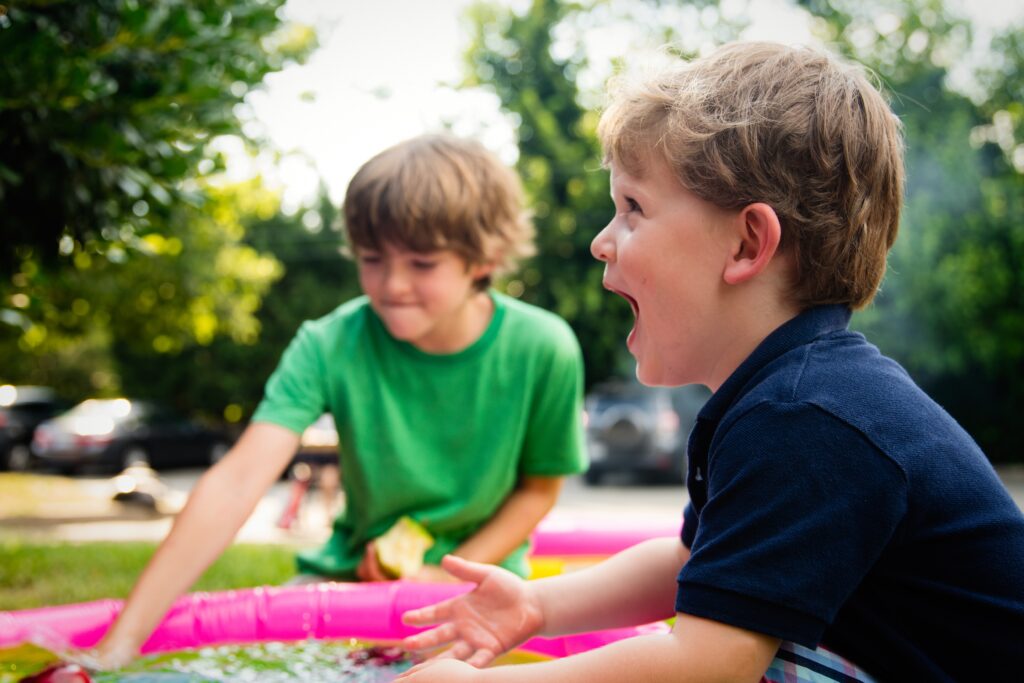I think most parents in our situation ask themselves the question, ‘will my autistic child ever make friends?’
Whilst it is impossible to answer for everyone I hope this post helps to some extent.
Lets start with the positive
Yes, autistic children can make friends. Even if your child has quite severe behavioural difficulties with time, effort and patience they are more than capable of forming strong friendships.
With that said however, building and maintaining friendships may be more challenging for them than for neurotypical children.
Autistic children often experience difficulties with social interaction, communication, and understanding nonverbal cues.
They may have trouble with initiating and sustaining conversations, interpreting facial expressions and body language, and expressing empathy.
These challenges can make it harder for them to connect with peers and establish friendships.
With the right support and opportunities, autistic children can develop social skills and make meaningful friendships.
Here are some strategies that can help:
Encourage shared interests: Autistic children may find it easier to interact with peers who share similar interests.
Encouraging them to participate in activities they enjoy can provide opportunities for socialising with like-minded peers.
If for example your child likes video games then try and arrange a play date with another child who likes the same games.
Teach social skills: Social skills are like any other skill in that they can be taught and they can be learnt.
Many autistic children benefit from explicit instruction on social skills, such as making eye contact, taking turns in conversation, and interpreting nonverbal cues.
Social skills groups or individualised instruction can be helpful.

Provide opportunities for socialising: Structured social activities, such as play dates or clubs, can provide opportunities for autistic children to practice social skills in a safe and supportive environment.
Clearly not all autistic children engage automatically with others but given enough exposure to the right environments over time and they may improve.
Foster empathy: Autistic children may struggle with expressing empathy, but this skill can be developed through modeling, role-playing, and encouraging perspective-taking.
Something simple you can try is to mimic injuries to yourself or even a soft toy. Then you can imitate providing first aid care or medicine to help the ‘patient’ get better.
Support communication: There is no getting around the fact that communication is a building block towards friendship so this is something you may have to tackle first.
As documented elsewhere on the site however speech is only one method of communication.
Many autistic children benefit from alternative communication methods, such as picture cards or augmentative and alternative communication (AAC) devices, to help them express themselves and understand others.
Summary – will my autistic child ever make friends?
Yes it is very likely that your child will make friends both in their youth and adulthood.
It’s important however to remember that every autistic child is unique, and what works for one child may not work for another.
Patience, understanding, and individualised support are key to helping autistic children develop social skills and make friends.

